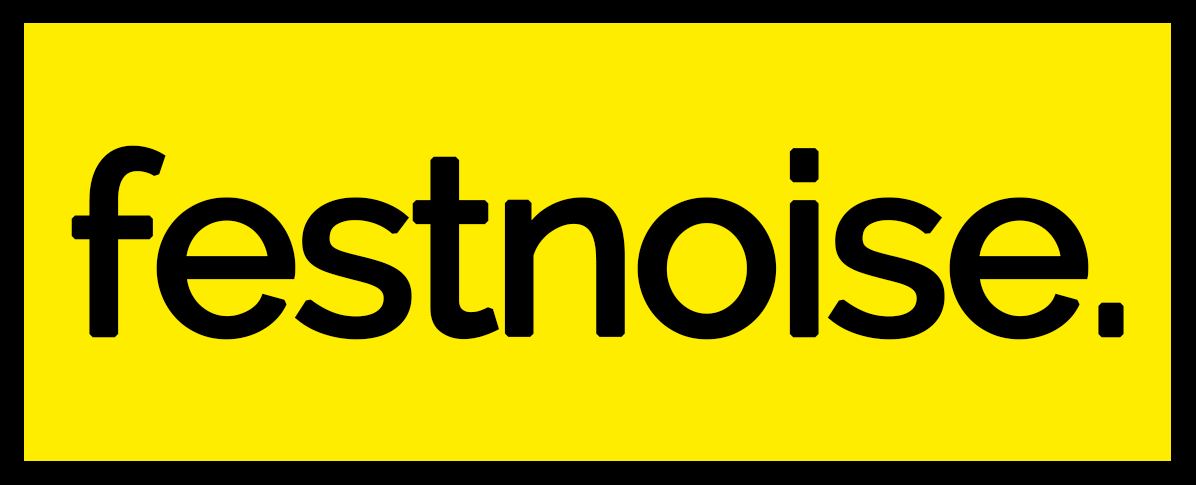How are Music Royalties calculated?
If understanding Music Copyrights wasn't exactly easy (read Music Copyrights for beginners), understanding how to calculate the royalties takes difficulty one step further. And streaming services are not helping here. In this article I want to briefly explain how Mechanical Royalties (remember, both physical sales and streams) and Performance Royalties are calculated.
Mechanical Royalties, (remember, royalties generated through physical or digital reproduction and distribution of the copyrighted songs) have a rate established by the Copyright Royalty Tribunal of $0.091 per CD and digital download (9.1 cents for recordings less than five minutes long recordings and 1.75 cents per minute for songs longer than five minutes). This rate can only change if the government legislates it higher or lower.
1. Physical sales, unless you are a big name signed to a major company, physical sales simply won’t mean much to you today. However, this is still important and an easy royalty fee to calculate. It will depend on your royalty fee as an artist (13-16% new artist, 15-18% if you’re selling not less than 100K physical records and 18-20% if you’re a big name. You’ll only see a way higher number if you sign to an indie record label where you could get up until 50%). As an example, if your artist fee is 15% and you sell an album for € 10, you’ll get around € 1,50. Not bad for the good old days when thousands of albums were sold.
2. Streaming royalties are Mechanical royalties, but I’m afraid it’s not as easy as it is with the physical sales. One stream generates both Mechanical and Performance royalties and these last ones are negotiated privately between streaming services and PROs (performing rights organisations). Besides, streaming services have always been very ambiguous when asked, and definitely not keen to talk about this, which makes it almost impossible to understand how much royalties they pay to artists. So the truth is that there is no simple answer cause there are many factors that affect the final number, for example:
The streaming platform
Your country and location
Whether you have a free plan or pay for a subscription service
The specific artist’s royalty rate
Relative premium pricing and currency value in different countries
So, unless you work for a streaming service, we could only get a rough estimate number, which will change daily (probably for bad since what is increasing the most is the number of new users who decide to use the free version). However, a long time ago, Spotify used to be a little bit more transparent than it is today and included in their FAQ page and estimation of their royalty rate. Although they took it down, it may be an estimation on how it works. Back then, this is what they published:
"Recently, [the above] variables have led to an average “per stream” payout to rights holders of between $0.006 and $0.0084. This combines activity across our tiers of service. The effective average “per stream” payout generated by our Premium subscribers is considerably higher.”
Today, to have an approx number, we should be thinking of something for Spotify around € 0.0037 per stream and € 0.00058 per view for YouTube. Some other streaming services: Tidal (€ 0.011 per stream), Soundcloud (€ 0,0021), Apple Music (€ 0.0066 per stream), Google Play Music (€ 0.0057 per stream), Deezer (€ 0.0054 per stream), Amazon (€ 0.0034 per stream) or Pandora (€ 0.0011 per stream).
Performance Royalties are generated when copyrighted works are performed, recorded, played or streamed in public (which includes radio, television, bars, restaurants, clubs, live concerts, music streaming services, and anywhere else the music plays in public). When registering a song with your PRO, you will notice that your Performance Royalty is actually split 50/50 into two sub-royalties: songwriting and publishing.
1. Songwriter royalties will always be paid out to the credited songwriters of the composition. There is absolutely nothing any record label, publisher, producer, manager, or bandmate can do to take this royalty away from you. If you are credited properly, you will get paid.
2. Publishing royalties, unlike songwriter royalties, can be assigned to publishing companies which temporarily take ownership of your songs and manage the lifespan and monetary potential for your music (so you need to sign a publishing deal to get the 50% of your Performance Royalties).
Cover photograph by Pooneh Ghana





